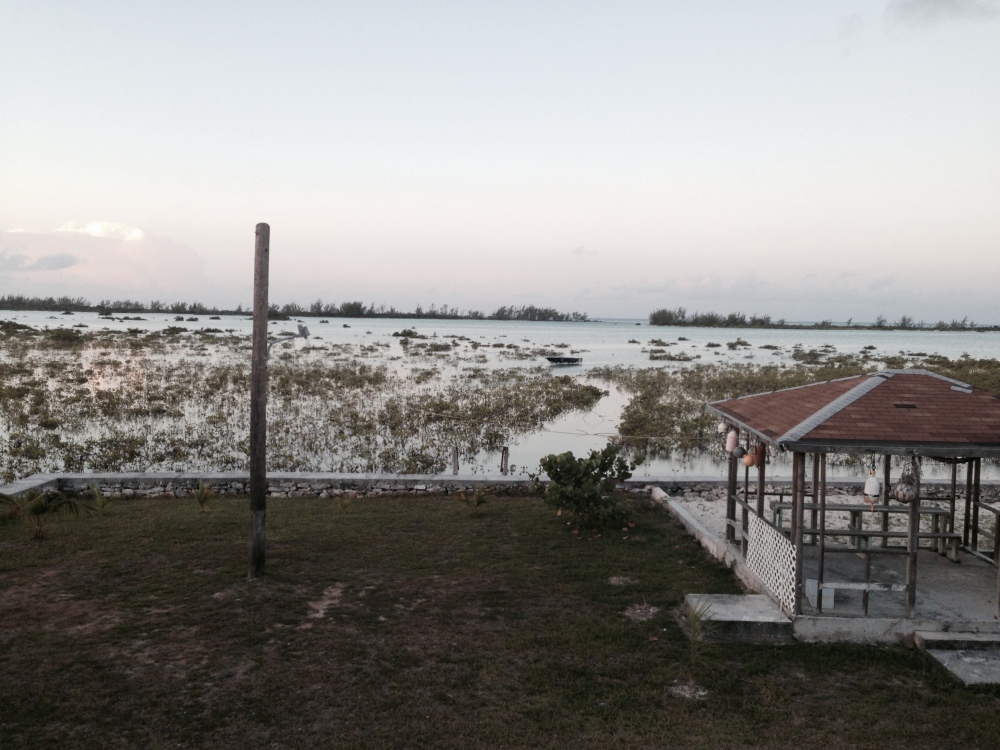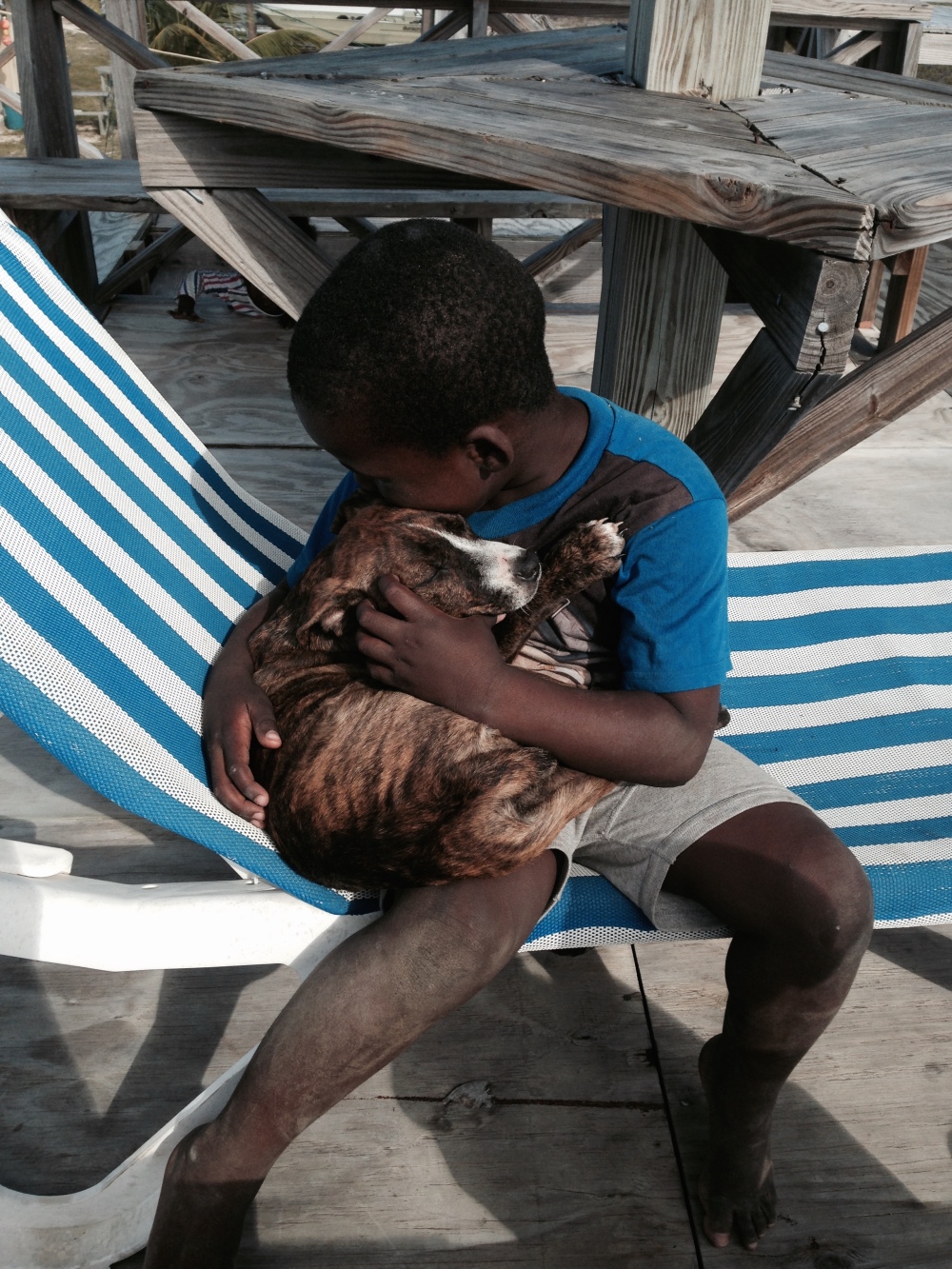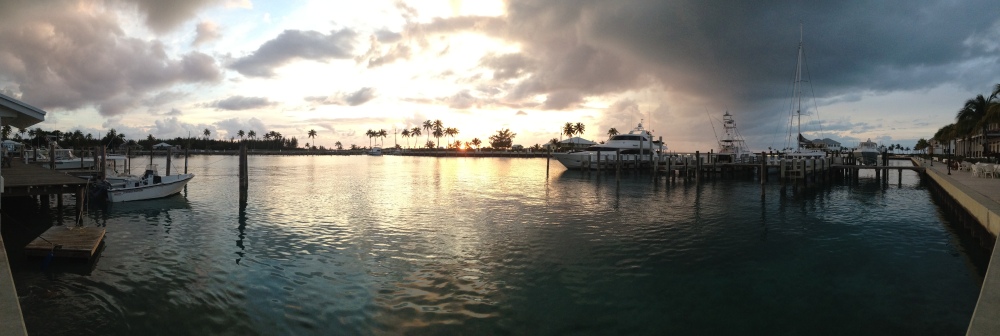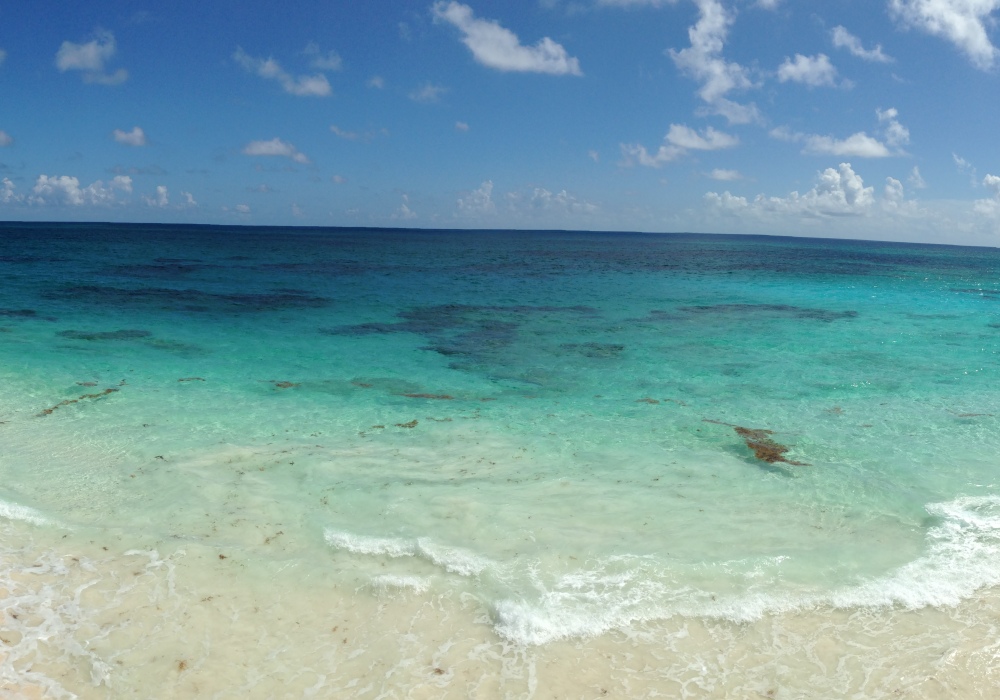I still have to transfer over some posts from my old blog, but I figured I would start with what is more recent in my life and share some things I learned from life as an expat in The Bahamas. I suppose that it’s not really common to see expats in The Bahamas who are younger than retirement age, but the research center I was based at was full of young people in their 20s.
As stated in my “About Me,” I recently moved back to the United States after a year and a half of living on Eleuthera, The Bahamas. Eleuthera is considered a Family Island (as it is not the bustling Nassau or Freeport), and is a tiny, 110-mile long, 1-mile wide, island. This was my first experience of living in another country longer than a month, and it definitely changed my perspective on a lot of different aspects of my life, as listed below.
If it is a non-essential, I can live without it.
One of the biggest perspective shifts I had was related to materialism in everyday life. The United States is known for being a wealthy nation where many citizens live in excess. I had never been to The Bahamas before I moved there, but based on photos I had seen of cruise ship ports and the fact that The Bahamas is considered to be a First World nation, I was expecting the culture to be very similar. I was wrong. Living on a Family Island was like living in a developing nation, in that many people in the settlements were without jobs, electricity, and lived on government assistance. I was fortunate enough to have housing provided through my job, and I had the luxuries of air conditioning and wi-fi, something that not everyone in the settlement had. I also learned that I am lucky to have all that I have, but that I also don’t need 10 pairs of shoes, 14 pairs of jeans, or a big flashy car. I donated about 75% of my belongings (that I brought to The Bahamas) when I moved back to the States because there were people in the settlement who needed them more than I did. Now that I am back in the States and trying to figure out my next move, I’m determined to downsize many of my belongings, as I can live without a lot of what I have.

Another plus of my housing
Island Fever is a real thing.
“I could live on an island forever and never tire of it.” That was a statement that I naively believed after my first month in The Bahamas. I learned after a few months that living on an island is hard. I worked with, lived near, and played with all of the same people. Getting around the island was difficult because we could only use company vehicles for company-sanctioned events, so we would either have to hitch to get out of the settlement (a common and fun activity), or we would have to rent a car. Renting a car was expensive – about $70 a day for a small vehicle, plus gas, which was around $4.50 a gallon. That meant that I did not get to do as much exploring as I had hoped. So, when I had been on the island for an extended period of time, I started to get antsy and grumpy and needed to get away, a statement I never thought I would write.

Lighthouse Beach, a gorgeous get-away that was still difficult to get to, despite its close proximity to my settlement!
People will nearly always choose to stay with what is comfortable.
I love venturing out and having new experiences and meeting new people. That being said, I quickly formed friendships with my fellow expats, but also with local staff and the lovely people from my settlements. I sadly learned that this is not a universal trait. There were quite a few of my coworkers (expats) who after a few months had not even bothered to learn the names of the Bahamian staff and who actively avoided many of the locals, simply because they did not want to go out of their comfort zone to form new relationships. I feel as though my experience in The Bahamas was benefitted by the relationships I formed with my Bahamian friends and I am eternally grateful for their friendships.
A potcake is a suitable chaperone and a loving companion.
In most of the settlements on the island I lived on, there were numerous stray dogs, called potcakes. The potcakes get their name from the mixture that is burnt onto the bottom of the pan after cooking peas and rice (a common local dish) and was then fed to the dogs. Before, when I traveled to Costa Rica with students, I had a strict “don’t touch the stray animals” rule because I was unsure of their hygiene or what the animals were exposed to. That rule faded in the first week of living in The Bahamas. The potcakes LOVED all of us, as we loved them, and quickly became our pets. We would feed them, bathe them, and love on them. In turn, they would protect us by walking us home after a night of drinking, fight off unknown dogs or people, and go for runs with us when it was dark. I had a laugh to myself on my last night out as I walked home with Buddy, the mascot of potcakes, at 2 am without a worry in the world. I knew I was safe.

A boy and his potcake
It is okay to do some things on Island Time.
This was another big lesson that I learned and this was a hard one for me to learn. I am a Type-A, always on the go, never late personality. That’s not really how island life works. People will show up around the time they tell you, but more often than not will be late and not early. Deadlines are flexible and people will take extra days off of work if they work just a few hours overtime. Working while you are sick is not a practice that is common here, mostly out of respect for colleagues, but also out of respect for your ailing body. Coming from the USA, a lot of these lessons were hard to handle. I was used to being early, as being ‘on time’ for me was already late. Deadlines were absolute and working overtime simply meant I would be tired at work tomorrow. Learning to do things on Island Time was great for my mental health. It taught me to relax and relieved some of my anxiety. It gave me a better perspective on how to take care of myself, physically and mentally, and that was a lesson I didn’t even know I needed.

Cape Eleuthera Marina, our go-to spot for a mental health break!
Living in The Bahamas for a year and a half helped me become a bit more patient, a bit more giving, and really ignited a desire for more travel. My next adventure is in the works, but if it all works out, it involves moving out of the USA again into a new country. I hope to continue exploring the world around me and growing as a global citizen.

Love this post! My husband and I spend part of the year in Green Turtle Cay (in Abaco, just north of Eleuthera) and I’ve discovered many of the same things. Our house here on the cay is 400 square feet, and we’ve found that this is actually plenty of room for two. When we get back to our home in the States, I am hit with the urge to downsize, downsize, downsize! Amazing how little you really NEED to be happy. Like you, we’ve also learned patience, as well as resourcefulness. Glad you enjoyed your Eleuthera experience — thank for sharing!
LikeLike
I never made it to Abaco, but I’ve heard great things! I’m still purging here and want to keep getting rid of everything! Resourcefulness is definitely a skill I learned on the island, too! You just have to improvise and make it work because luxuries aren’t always available on island!
LikeLike